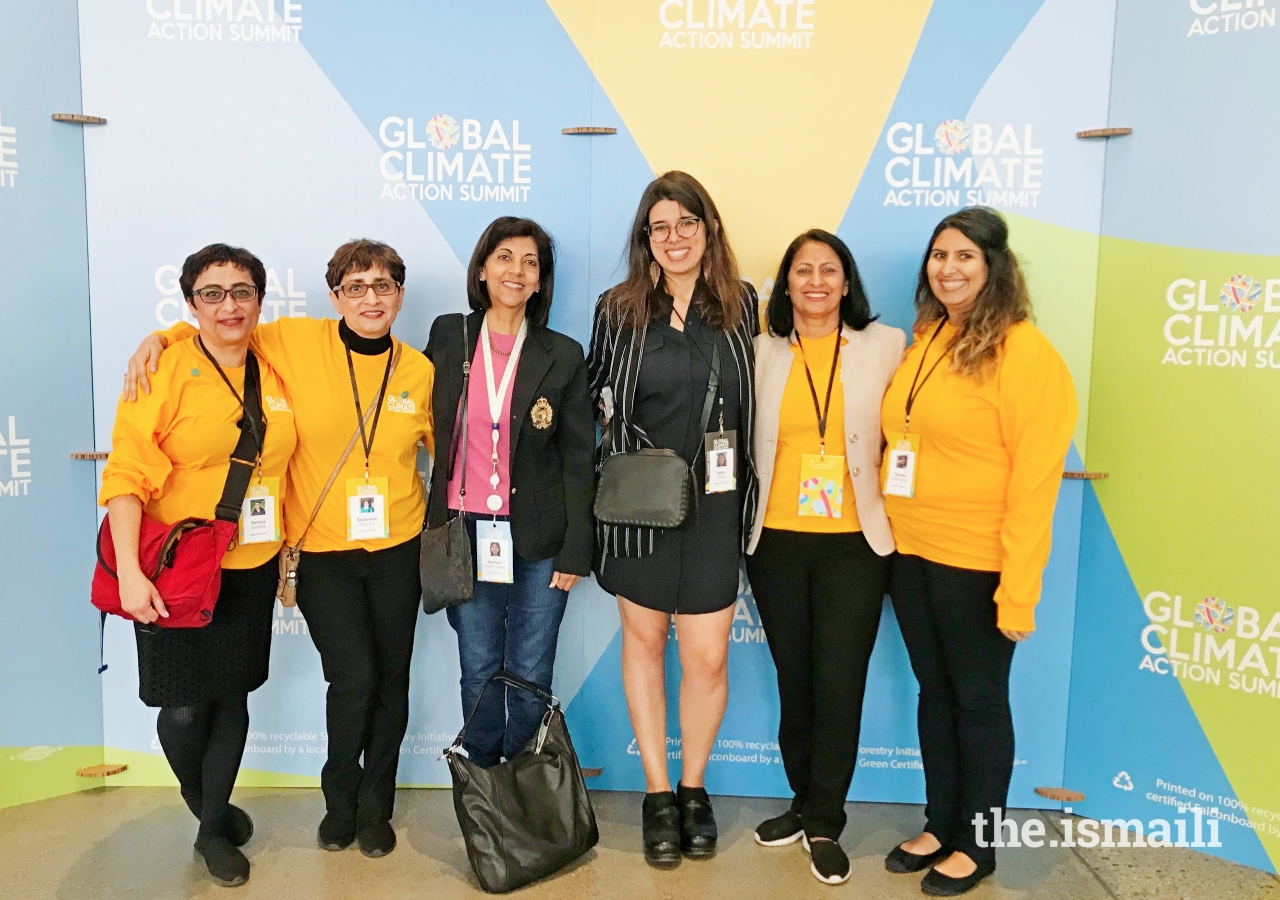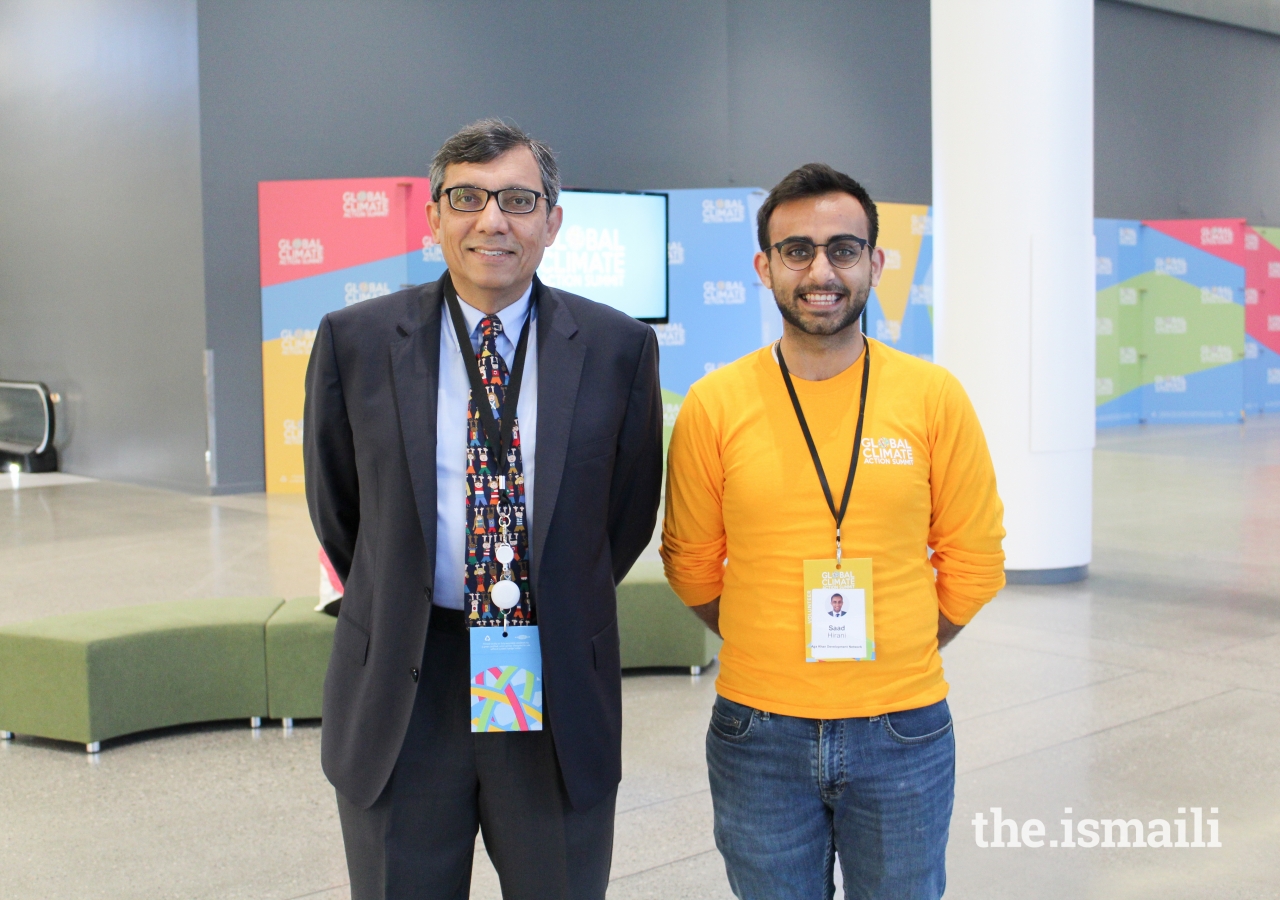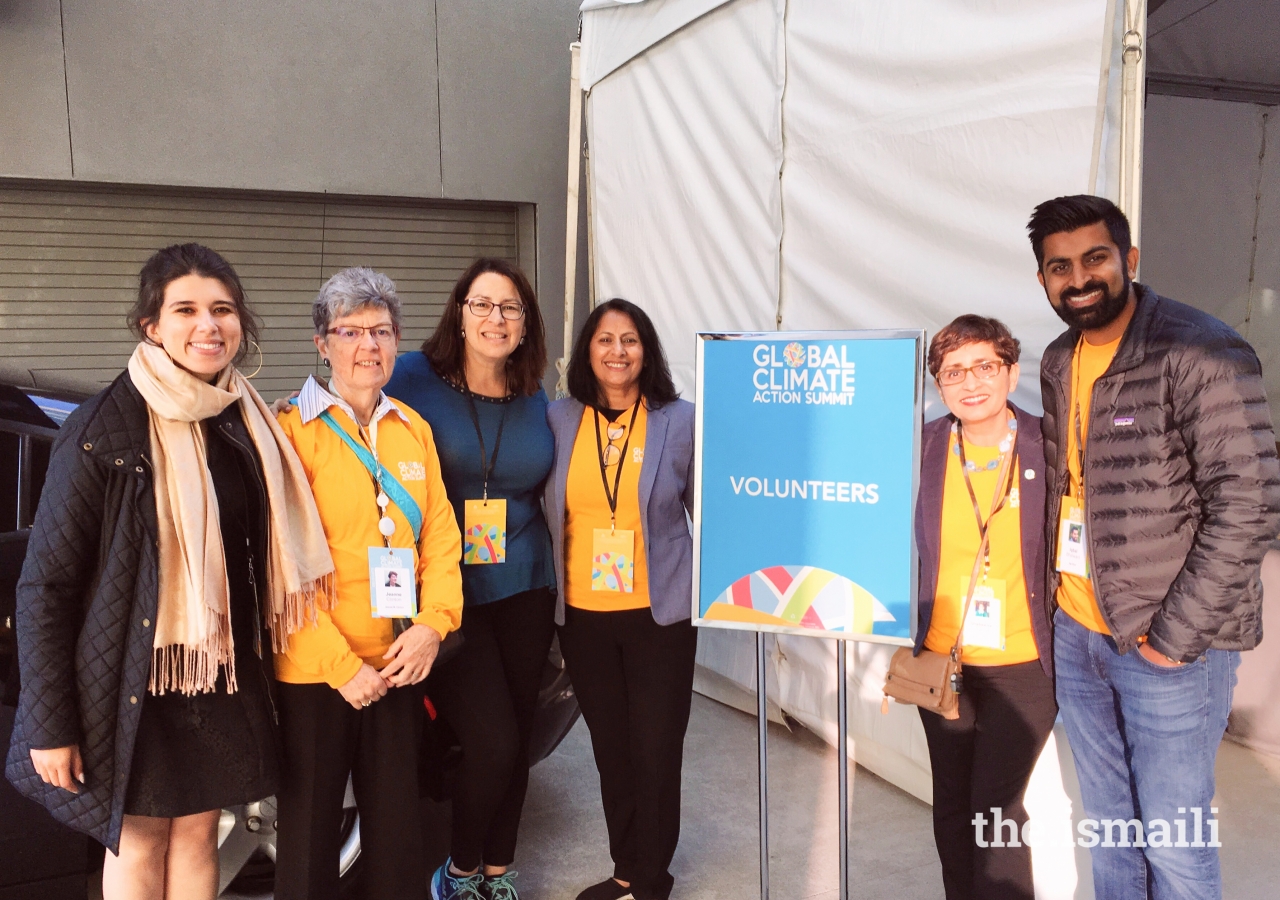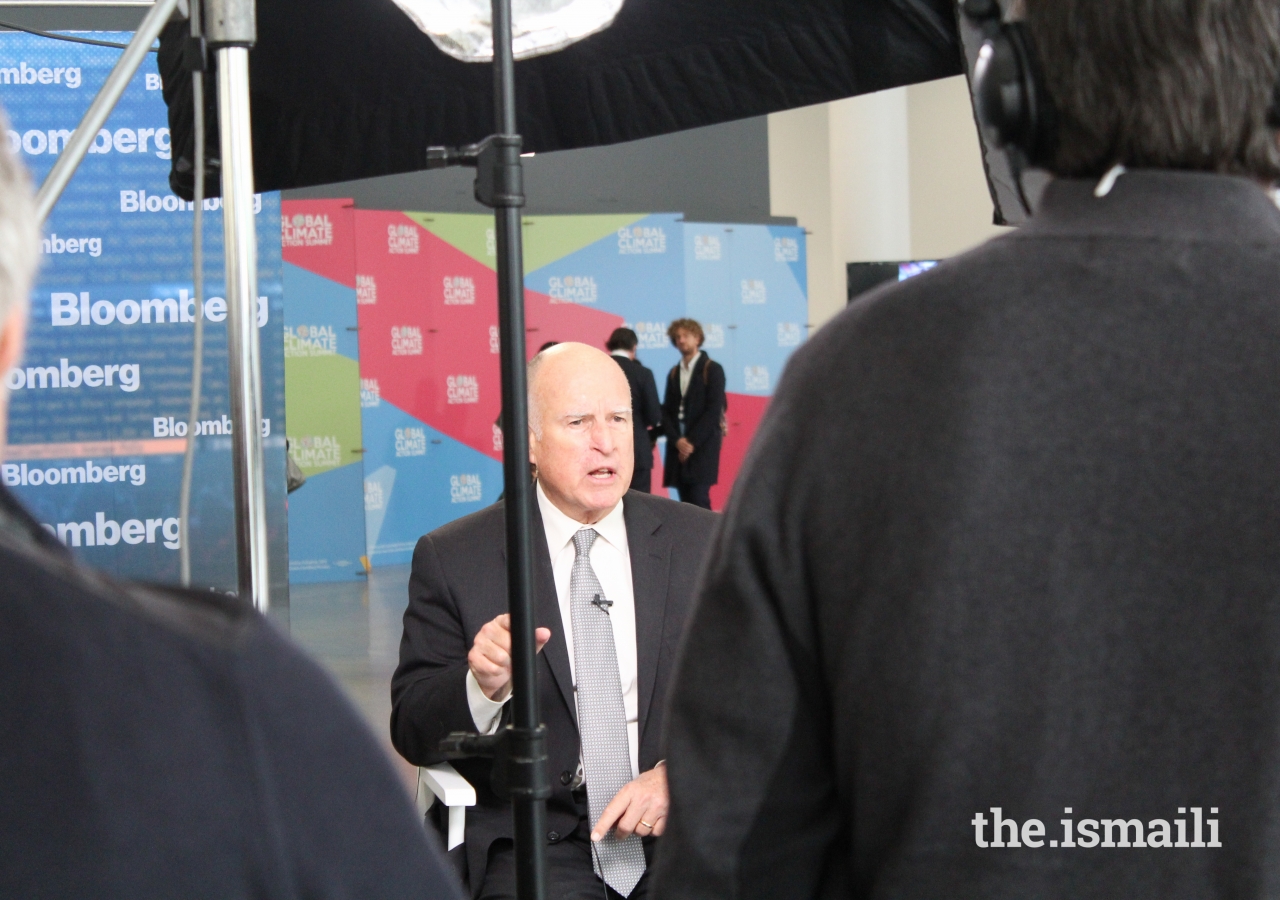The Moscone Center in San Francisco was thriving with influential personalities as the Global Climate Action Summit (GCAS), hosted by California Governor Jerry Brown, brought together governors, mayors, and business leaders from across the world to not only celebrate the achievements of climate action, but to demonstrate that cities and businesses, by going green in their own backyard, can inspire others to follow suit.
Just as momentum on global climate action seemed to falter following the withdrawal of the United States from the Paris Climate Agreement, the GCAS re-engaged and re-energized international leaders, and further positioned California as leading the charge on positive climate action. Taking place between the 2015 and 2020 Paris climate discussions, the GCAS provided a platform for leaders to demonstrate that positive climate can be feasible as well as practical and economical.
An announcement was made at the summit of 26 cities including Medellin, Oxford, Rotterdam, Seoul, Tokyo, and Warsaw - representing more than 140 million urban citizens - have committed to deliver a zero emission mobility future. Organizations and philanthropists from around the world committed four billion dollars over five years that would support a number of projects promoting sustainable communities, health energy systems, and various other projects promoting positive climate action.
California has witnessed firsthand the increase in the severity of droughts and wildfires and approaches climate action with greater urgency and determination. Prior to the summit, Governor Brown passed legislation directing California to phase out fossil fuels for electricity by 2045 and operate entirely on renewable energy.
Commenting on the impact of conferences such as the Summit, Dr. Zulfiqar Bhutta of the Aga Khan University, Karachi, an Ismaili physician specializing in pediatrics and child health, said that “These events are important for advocacy and also galvanizing the communities (public health, civic society, and academia) for evidence-informed action. I certainly learned a lot and was able to share what the global pediatric community could do to assist in this common good for generations to come.”
Dr. Bhutta noted that women and children are affected disproportionately by climate change. Hence, he believed that “pediatricians and families have a special role, of engagement, advocacy, action or implementation and accountability.” The negative impact of climate change on health, he added, include “diarrheal diseases, communicable diseases, food insecurity and risks of malnutrition and also the excess risks to migratory populations. All of these put women and children at special risk.”
Two dozen Ismaili volunteers were assigned to assist with the Summit. Ms. Nikka Tahan, Volunteer Coordinator for the Office of Governor Jerry Brown, spoke of the Ismaili volunteers. “Our Chief Service Officer, Karen Baker, had already had exceptional experiences working with the Aga Khan Council” explained Nikka. “It was essential to include the Council as part of our team, and particularly in any roles involving VIP and or high-level Delegates..I now personally know that the need to have the Aga Khan Council included was because all of the members are so positive, respectful, and passionate.”
Karen Baker is a member of the Steering Committee for the Agreement of Cooperation signed between the Imamat and the State of California, and she was a Special Guest at the luncheon the Aga Khan Council for the Western United States hosted for the Delegation from Bangladesh at the 2015 Special Olympics in Los Angeles.












